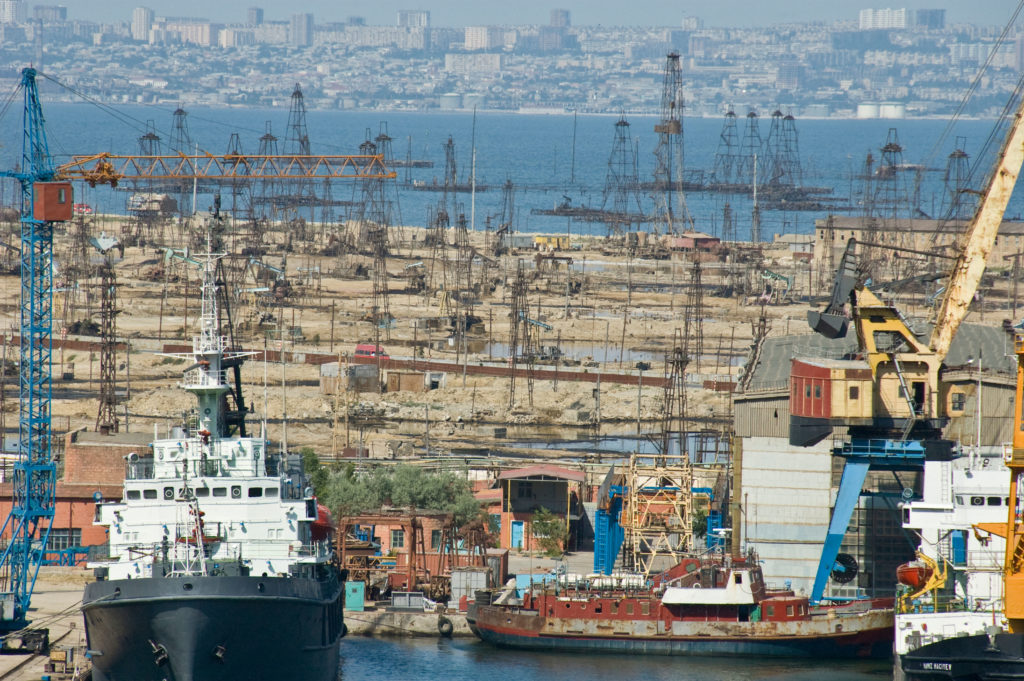BAKU
Azerbaijan plans to increase natural gas exports from its giant Shah Deniz field gradually to 19.5-20 billion cubic metres (bcm) in 2023 from 11.6 bcm exported last year, a source from Azerbaijan’s state energy firm SOCAR told the Tribune.
The BP-led consortium which is developing the Shah Deniz project in Azerbaijan has been pumping gas from the offshore field’s first phase since 2006, delivering more than 10 bcm a year of gas to Azerbaijan, Georgia and Turkey through the South Caucasus Pipeline.
The second phase started output in 2018, adding 16 bcm of gas production capacity at its peak to bring total capacity to 26 bcm.
Azerbaijan started supplying commercial natural gas to Europe from the second stage of the Shah Deniz project via its $40-billion Southern Gas Corridor in December 2020, when the corridor’s last part, the Trans-Adriatic Pipeline (TAP), became operational. The project hopes to reduce Europe’s dependence on supplies from Russia, which currently controls 34 percent of the continent’s gas market.
According to the informed source, who did not want to be named, up to 8 bcm of gas will be exported to the European markets in 2021 from the project’s second stage, while around 9 bcm will be delivered to Turkey from both stages.
In 2022, gas supplies from Azerbaijan to Europe will reach the peak of the contractual capacity – 10 bcm of gas. Turkey will receive 6 bcm from Shah Deniz’s second stage via TANAP and 2.4 bcm from the first stage via the Baku-Tbilisi-Erzurum pipeline. Volumes will rise gradually and Turkey will receive 9.5 bcm of gas in 2023 and 2024, the source said.
The decline in export volumes to Turkey is explained by the fact that there were no gas supplies from Shah Deniz I from May to September 2021 due to the expiration of the contract between the Shah Deniz consortium and the Turkish pipeline operator BOTAS on April 16.
The new contract was signed in August until the end of 2024. The contract envisages the export of 800 million cubic metres of gas from Shah Deniz I to Turkey in September-December this year.
According to the source, the new contract stipulates more flexible commercial conditions – actual spot prices for “blue fuel”, while in the previous long-term contract the gas price was tied to the “oil basket”.
Shah Deniz reserves are estimated at 1.2 trillion cubic metres of gas, of which a little more than 12 percent has been extracted so far.

